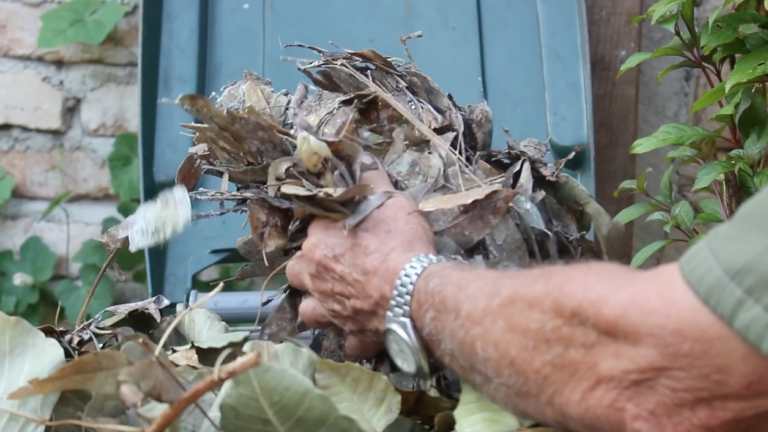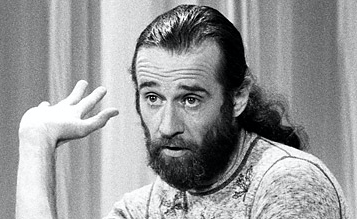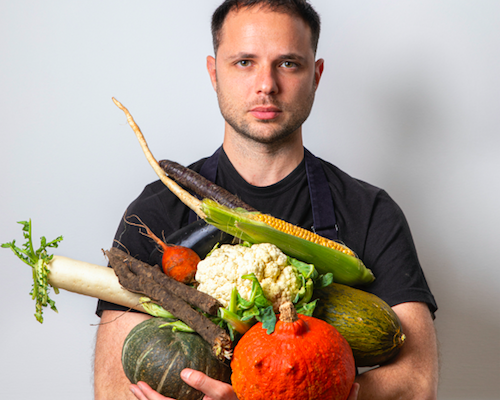‘So what is it that you do, as an anthropologist?’ A question that I, as a young aspiring anthropologist, still frequently struggle to answer. I don’t know what to say because so many things come to my mind that I don’t know where to start. I sense a similar feeling when somebody asks me why I am a vegetarian. Where do I even start?
In June 2018 I have attended an intensive four-day writing workshop called ‘Weaving the World: Writing Evocative Ethnographies’ and the participants were mainly Ph.D. candidates in the field of anthropology. Professor Paul Stoller from West Chester University conducted the workshop. The course inspired me to craft new answers and respond to the usual question, but I also learned how to reevaluate my own position as an anthropologist. ‘First of all, I am a storyteller. Then, I am a writer, and then I am an anthropologist’ were Paul’s words when introducing himself to us on the first day. The course focused on ‘evocative writing’, which is a way of writing, that it does not tell the reader what to imagine but rather shows it through descriptions. We practiced it through interactive exercises focusing on the descriptions of spaces, people, and dialogues.
Personally, I was really looking forward to the last day of the course with the theme ‘blogging’. Although I have done some attempts to write blogs before, I felt like I was missing some kind of guidelines of what I could and could not say. Paul outlined the relevance of blogging by giving a short historical overview of engaged anthropology. For him, an important and overarching idea is that we as anthropologists practice a slow science in a fast world. Anthropology is slow as it can take years to learn new languages, learn understanding nuances and fundamental principles of other cultures. Plus, certain things in life can only be learned with life experience. Learning, in general, is a slow process, and we are continuous learners. Or, as Paul said ‘the mind matures and stretches with your own personal experiences’. Blogging is a way to use these personal experiences while engaging with the fast pace of the world.
A blog is an online text, preferably around 800 words, which invites readers to a conversation. Blogs can attract a high number of readers, which is one of the advantages, however a pitfall might be that the texts are very short and leave little room for a nuanced argument. Another benefit of blogging is that it can improve your writing skills as you are forced to write quickly, short and clear. The general format of an anthropological blog should contain a brief sketch of the context and a social analysis of the topic. A good way to engage with your readers is to ask questions in the blog to stimulate further discussion.
The statements about the position and moral obligations of anthropologists in the public domain raised an interesting discussion in the group: is it not also dangerous if we write blogs about any topic we like, assuming that we can be critical about everything ‘just’ because we are anthropologists? Can I, while having done research on urban gardeners in Cuba, write a blog about Trump’s policy on family separation? Although it might be better to start writing about something that is connected to your own research, what is more important is the depth of the culturally critical analysis that one can provide to a blog. And, of course this is easier if it is a subject the writer has in-depth knowledge about. However, it does not mean that blogs cannot be written as opinion pieces that could be shaped by our analysis of any given topic, using our anthropological understanding of cultures. The conclusion of our discussion was that of course, not every anthropologist has to share his or her opinion in the public domain. But, if you do feel the urge to share your opinion while observing certain events in the world, why not do in a way that can trigger discussions with a wider audience. Why not use the knowledge that is gathered over long periods of time to criticize injustice, environmental degradation or present portraits of people that defy stereotypes and prejudices, by using first-hand knowledge of people all over the world. During the course Paul emphasized that cultural critique is one of the obligations of anthropology, which is ‘to use what you have learned to reflect critically on your own society and to bring anthropological insights to the public debate’
So will I from now on answer the question I asked in the beginning by simply saying: ‘I tell stories’ or will I elaborate on the connection to larger political issues, the importance of first-hand knowledge of people from all over the world and the slow learning process that we embrace? In either case, I realized there is still plenty to learn for me about the possibilities and limits of this discipline. Nevertheless, last week both Paul’s insights and all the other stories I have listened to me encouraged me to put more time and effort into critically analyzing current debates and to write about them. And maybe, at this point not even with the motivation of sharing it with a large audience, but also because writing about these things helps me to get a better understanding of the fast world I live in.





Wonderful post! We are linking to this particularly great article on our site. Keep up the great writing.
Very good article. I certainly love this site. Continue the good work! Perla Farris